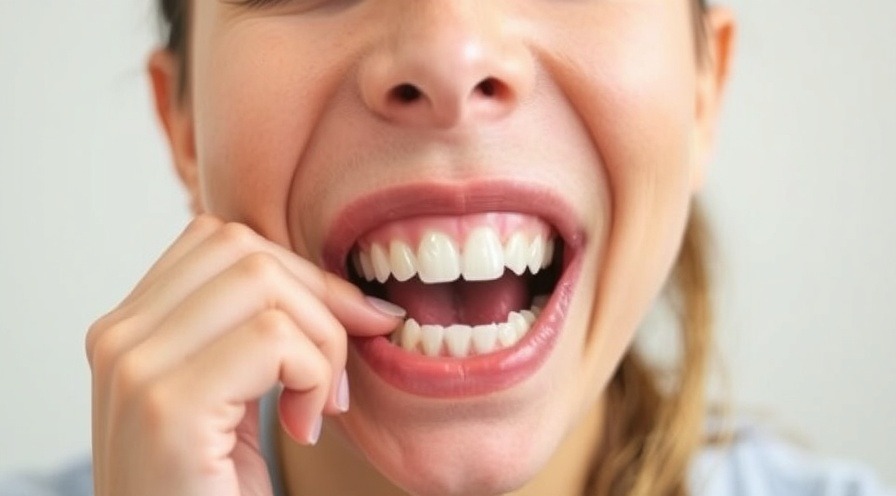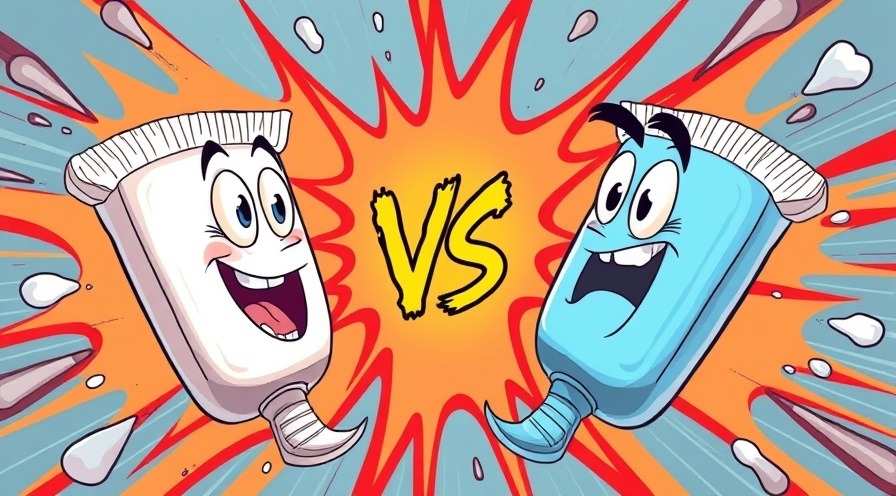
Understanding Teeth Grinding: A Growing Concern
Grinding your teeth at night, clinically known as bruxism, affects a significant portion of the population. Recent studies indicate that this issue escalated during the COVID-19 pandemic, with reports suggesting that more than half of American adults are now affected. This alarming trend underscores the need to understand the underlying causes and effective management strategies.
Why Are Night Guards Not the Best Solution?
Many people invest in night guards, believing they are the ultimate solution to prevent teeth grinding. However, as highlighted in the insightful discussion from the video How to Stop Grinding Teeth at Night | Ditch Your Night Guard, it is essential to question this approach. The problem with night guards is that they may inadvertently create a bite dysfunction, leading to further oral health complications. Instead of masking symptoms, it's vital to address the root causes of grinding.
The Role of Stress and Saliva pH
Stress is a key factor contributing to teeth grinding, particularly in women, who reportedly experience this issue five times more than men. Furthermore, the acidity of saliva plays a significant role. Acidic saliva can cause enamel erosion, especially during stress-induced grinding. Testing the pH of your saliva and taking steps to neutralize acidity can significantly improve oral health. Read more about stress management here.

Hormonal Changes and Their Impact
Hormonal fluctuations during pregnancy or menopause can lead to increased acidity in saliva,here. heightening the risk of enamel damage. Understanding these changes helps in developing an effective oral care routine that can mitigate the effects of teeth grinding, reducing the need for night guards.
Alternative Strategies for Managing Bruxism
Instead of relying on a night guard, consider lifestyle adjustments and natural supplements. Incorporating foods rich in magnesium, such as nuts and dark leafy greens, can help alleviate muscle tension and prevent grinding. Additionally, practices like meditation or low-dose melatonin can promote better sleep quality, further mitigating stress-related teeth grinding.
Practical Insights for Long-Term Solutions
Taking control of oral health requires a proactive approach. Regular dental check-ups and adopting a comprehensive oral care regimen can be incredibly beneficial. Practicing good hygiene, managing stress effectively, and maintaining a balanced diet are essential steps to strengthen your teeth against wear and avoid the complications of bruxism.
In conclusion, the insights shared in How to Stop Grinding Teeth at Night | Ditch Your Night Guard encourage a shift in perspective regarding teeth grinding. Instead of relying solely on physical barriers like night guards, focusing on oral health, lifestyle changes, and stress management offers a more holistic solution that can lead to healthier teeth and a more restful sleep. Talk to your doctor or dentisit first.
 Add Row
Add Row  Add
Add 




 Add Row
Add Row  Add
Add 

Write A Comment